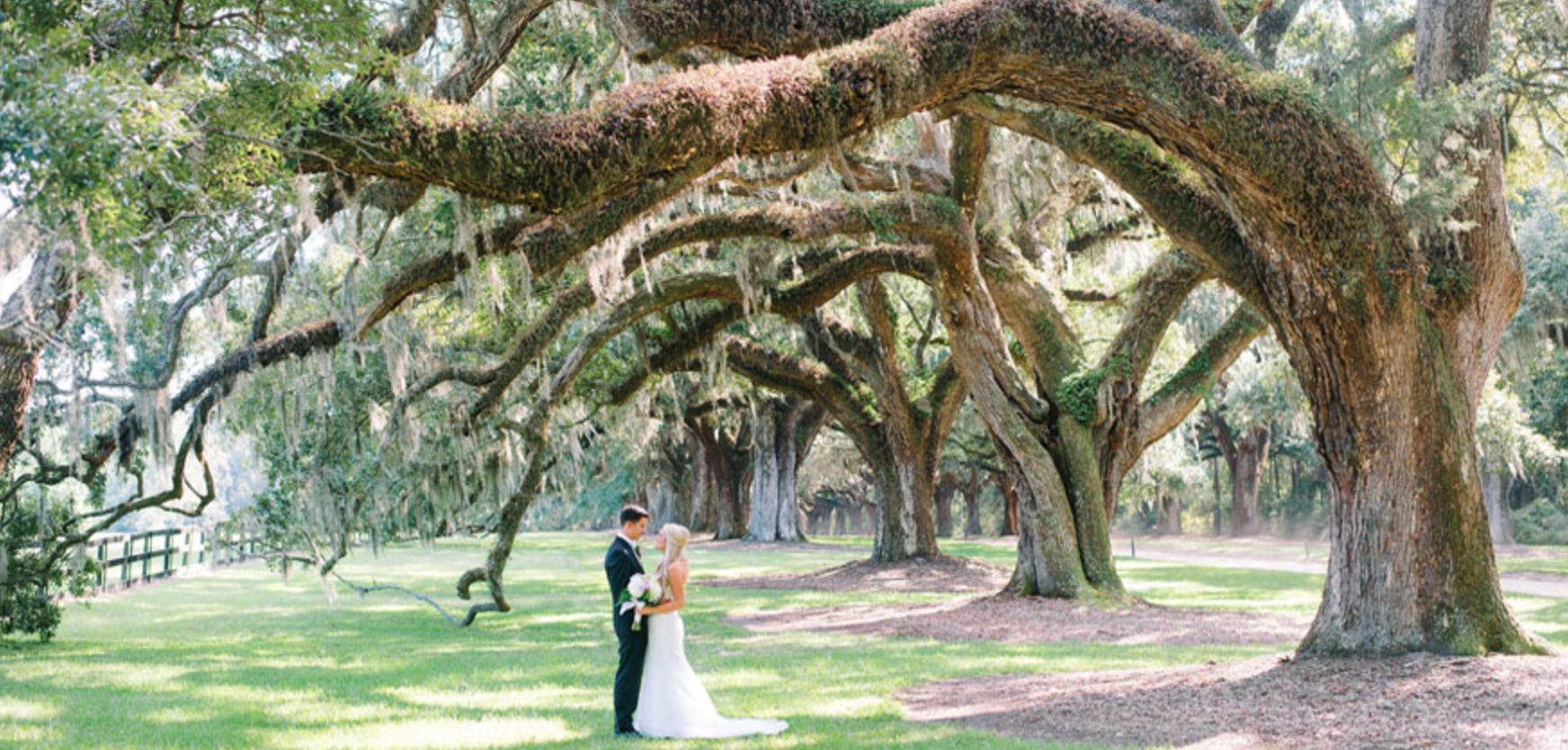|
|
|
IN THIS ISSUE
|
| Pinterest’s new policy, tech in your face and whoa, Tannenbaum.
|
|
|
|
|
|
The News Fix
|
The use of artificial intelligence and facial recognition technology is growing increasingly common in many countries, showing up everywhere from office buildings to airports to smartphones.
Retailers in the United Kingdom, Japan and other countries use recognition tech to track theft. One Australian state transport agency is using AI in roadside cameras to spot drivers using cellphones. In China, facial recognition is now required for anyone registering a new mobile phone number. And the U.S. Department of Homeland Security recently proposed expanding facial recognition checks for arriving travelers at airports, including U.S. citizens.
But this week, the New York Times reported on an newer, more advanced development: technology that can generate an image of a person’s face using a sample of their DNA. The reports have raised concerns that the tech could be used “to justify and intensify racial profiling.”
(For more on facial recognition, check out this episode of “Make Me Smart.”)
|
|
|
|
Smart in a Shot
|

|
Wedding planning is a huge business, and websites like Pinterest and The Knot have become ubiquitous among brides- and grooms-to-be seeking ideas for color schemes, attire, signature cocktails and — the big ticket item — a venue.
But both websites, as well as countless other outlets, have faced criticism for years for supporting and promoting the use of former slave plantations as wedding venues — euphemistically touting their “elaborate past” and “Southern charm.” The locations are highly sought after and they charge top dollar to rent (seven years ago, actors Blake Lively and Ryan Reynolds selected South Carolina’s Boone Hall Plantation, pictured above, as the site for their nuptials).
This week, Pinterest and The Knot changed their policies, with The Knot telling BuzzFeed News it aims to eliminate language “that glorifies, celebrates, or romanticizes Southern plantation history.” Pinterest said it’s working to de-index searches for the term “plantation weddings” and warn users when content violates its new policies.
The move came after advocacy group Color of Change sent a letter to several companies saying “plantations are physical reminders of one of the most horrific human rights abuses the world has ever seen.”
Photo credit: Boone Hall Plantation
|
|
|
|
The Numbers
|
Freshly cut Christmas trees are getting more expensive. If you plan to spend some green on an evergreen, here’s a preview.
|
| 32.8 million
|
That’s how many real Christmas trees were purchased in 2018, a 20% jump from the year prior. Most of the trees were purchased either at a chain store like Home Depot and Walmart or at a cut-your-own tree farm.
|
| 6-12 years
|
That’s about how long it takes Christmas trees — pine, spruce and fir — to reach the ideal size for a living room. That means many of the trees for sale on lots this season were planted roughly a decade ago — at the height of the Great Recession.
|
| $78
|
That’s how much a real Christmas tree cost, on average, in the U.S. last year — nearly double the price tag from 2014. Tree growers have cited the Great Recession as part of the reason prices have jumped so much in recent years. When the economy went south, many farms went out of business or cut back on planting; now, a decade later, the supply of trees has tightened while demand is rising. And that’s driven up fresh Christmas tree prices.
There is another option …
|
| 82%
|
That’s the portion of household Christmas trees that are artificial. Fake trees cost more on average than real trees, but they last a lot longer. These days, artificial trees get reused for an average of 10 years.
|
|
|
|
|
|
None of us is as smart as all of us
|
| Tell us what’s making you smarter at
smarter@marketplace.org. We'd love to include your recommendation in a future newsletter.
|
|
|
|
|
Climate change gets gamified
|
Marketplace’s Katherine Wiles recommends this interactive game from the Los Angeles Times in which players face decisions that lawmakers might in dealing with sea-level rise. “It gives more insight to the complexity of the problem and shows how the solution must be multifaceted,” Wiles says.
•••
|
A sci-fi allegory... with Bunnies
|
Listener Skip F. recommends this episode of the science-fiction podcast “Escape Pod.” He says the story touches on everything from health care to data privacy and economic inequality. “It's a hyperbolic dystopia, but you can sure see the seeds of it in our world today.”
•••
|
ICYMI, this story is bananas
|
| “Make Me Smart” host Molly Wood recommends this article in the New York Times about a reclusive royal family living in Delhi. Molly says the story is “beautiful and also just bananas!”
|
|
|
Sign up for this and other Marketplace newsletters here.
|
|
|
|
|
|
|

|
|
Elevate your understanding of what's trending, breaking and buzzing with Make Me Smart. Because none of us is as smart as all of us.
|
|
|
|
|
|
|